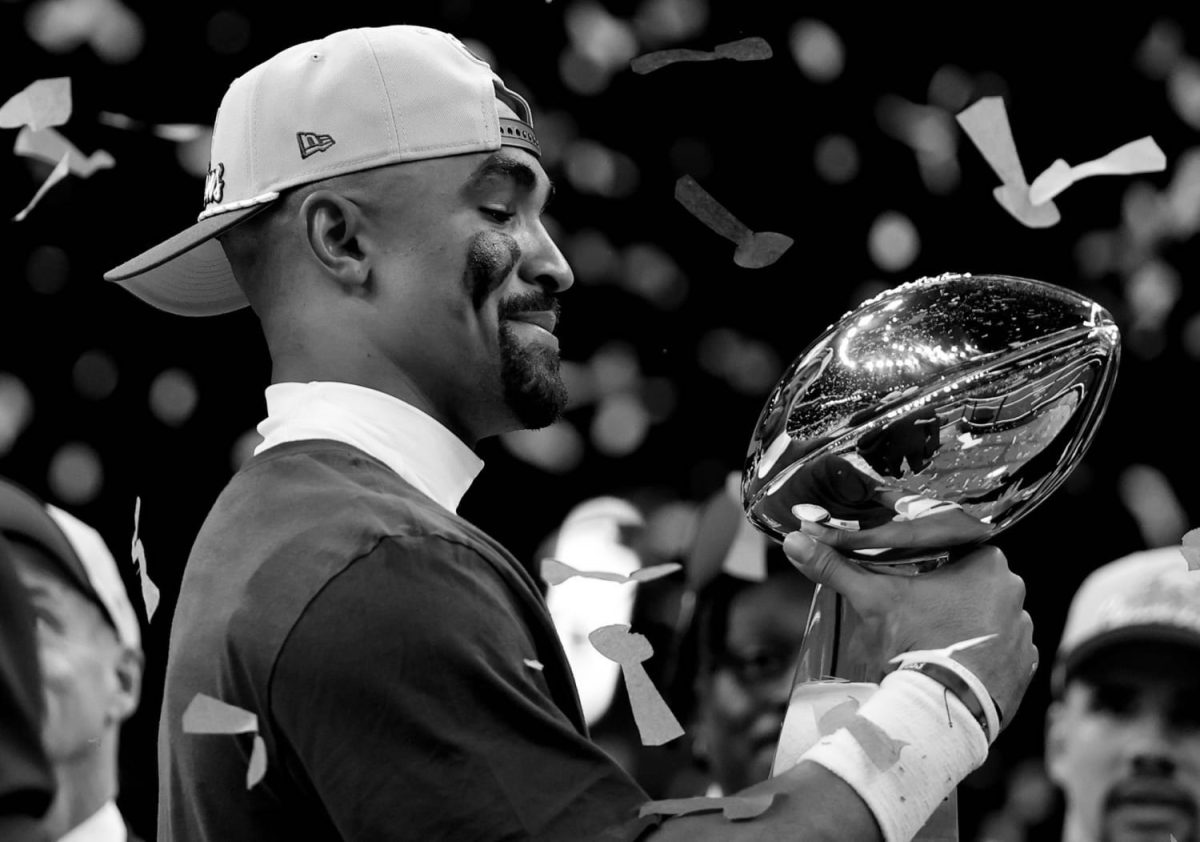While most athletes rely on well-timed meals and hydration to fuel their performance, Oberlin men’s tennis player Zain Makada has spent the past month navigating a very different kind of discipline: fasting from sunrise to sunset for Ramadan, the holiest month in Islam.
Observed by an estimated 2 billion Muslims around the world, Ramadan is a time of spiritual reflection, increased prayer, and charity. Central to the observance is the daily fast, which begins at dawn and ends at sunset. For Makada, a second-year and active member of Oberlin’s Muslim Student Association, that means juggling early morning meals, team practices, and matches — all without food or water during the day.
“There are definitely harder days and easier days when it comes to fasting,” Makada said. “But overall, it’s a very spiritual journey that Ramadan takes you on.”
Being one of the few Muslim athletes on campus has shaped his experience in meaningful ways. While Makada misses celebrating with his family, particularly when it comes to traditions like his mother’s homemade samosas, he’s found a new kind of closeness in Oberlin’s Muslim community.
“There are going to be a lot of years in my future where I won’t be celebrating [Ramadan] with my family,” Makada said. “So, having this community around me, and especially the MSA, has really helped me just enjoy Ramadan all that more.”
Makada has been involved with the MSA since transferring to Oberlin his first year and currently serves as the group’s secretary. Between helping organize events and delivering lunches, he’s found the organization to be a crucial support system, especially during Ramadan. But balancing his spiritual commitments with the demands of collegiate athletics hasn’t been simple. With meals before sunrise, rigorous practices, and the academic workload of a student-athlete, Makada’s days require careful planning, elite execution, and a lot of internal strength.
“If I know I have a big practice or a test, I will wake up a little earlier … so that I can eat something and get some electrolytes in,” he explained. “Then, I will try to go back to sleep, or just get ready for the rest of the day. But when it’s a weekend or an off day from practice, then fasting tends to be a bit easier.”
Last year, the overlap between the tennis season and Ramadan meant that Makada could only fast about two-thirds of the days. This year, he’s managed to observe nearly the entire month, opting out only when necessary due to matches. Still, there have been times when people didn’t quite understand what fasting entails or why it matters. Makada recalled moments when others made light of it, simply because they weren’t aware of its significance.
“There were times on the team where people didn’t totally understand, and … they joked around about it because I don’t think they totally understood the importance of it to Muslims,” Makada said. “But overall, since I’ve made them a little more aware, they’ve definitely accepted it more.”
He noted that while Oberlin Athletics may not have an established structure for supporting fasting athletes, his own willingness to advocate for himself has made a difference, and the MSA has always been there to help him speak up.
“[The MSA has] really helped me be proud that I’m fasting,” Makada said. “Not just doing it in the shadows, but to bring it to light.”










